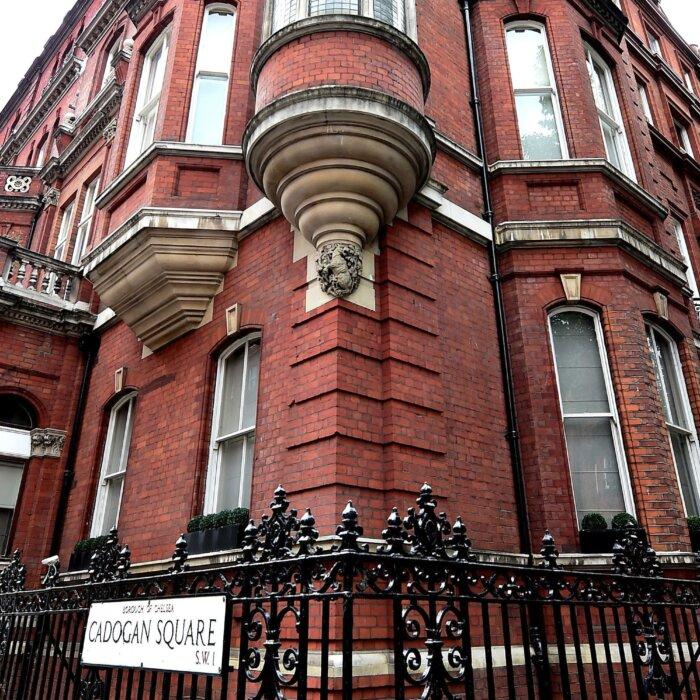House prices held steady in April, following a monthly rise by 0.1 percent and annual growth by 1.1 percent. The Halifax House Price Index attributed this to the effect of weaker price growth in the same period last year.
“The average property now costs £288,949, compared to £287,244 at the start of the year. While there is always much scrutiny of monthly price changes—and a degree of volatility is to be expected given current market conditions—the reality is that average house prices have largely plateaued in the early part of 2024,” said head of mortgages at Halifax, Amanda Bryden.
The UK housing market is “finding its feet” in an era of higher interest rates, she added.
The Bank of England (BoE) has held the interest rate at 5.25 percent since August 2023.
“While borrowing costs remain more expensive than a few years ago, homebuyers are gaining confidence from a period of relative stability. Activity and demand is improving, evidenced by greater numbers of mortgage applications so far this year, while at an industry level mortgage approvals have reached their highest point in 18 months,” said Ms. Bryden.
On Thursday, the Monetary Policy Committee (MPC) will vote on the new rate, amid expectations that it will either hold the rate at 5.25 percent or lower it slightly in light of the slowdown of inflation.
However, the BoE has previously indicated that it needs more evidence of sustainable inflation easing before it lowers interest rates.
Affordability Constraints
Property prices are expected to rise modestly over the course of the year. If the BoE gradually lowers interest rates, buyers will be able to breathe a sigh of relief, as mortgage costs will start falling, Ms. Bryden said.In its upgraded five-year UK house price forecast, Savills noted the nudged-down mortgage costs, which are “much less volatile.”
House prices will grow to 2.5 percent this year, a revision from 3 percent as forecast in early November. This is due to the fall in the cost of mortgage debt. Savills added that prices will increase 21.6 percent by the end of 2028, a revision from 17.9 percent.
The biggest UK mortgage lenders have been reducing the cost of fixed-rate deals since the beginning of year, amid an ongoing mortgage price war.
The head of residential research at Savills, Lucian Cook, said that the “highly competitive nature of the mortgage market has meant that lenders have fairly aggressively priced in the prospect of cuts in bank base rate, causing buyer confidence, and prices, to recover somewhat.”
Buyer sentiment will get a boost in the next two years, amid stronger economic performance and steady cuts to interest rates, according to Savills.
“But without the previously expected falls at the start of our forecast period, affordability constraints will become a factor towards the end of the five-year period, particularly in the already stretched markets of London and the South East,” Mr. Cook added.
In London, where prices are at their highest, Savills is predicting a 14.2 percent rise in prices over the next five years. In the north-west of England and Yorkshire and the Humber, prices are expected to surge by over 28 percent.
Savills noted that these forecasts apply to average prices in the second-hand market, while the picture may not be the same for the new builds.







